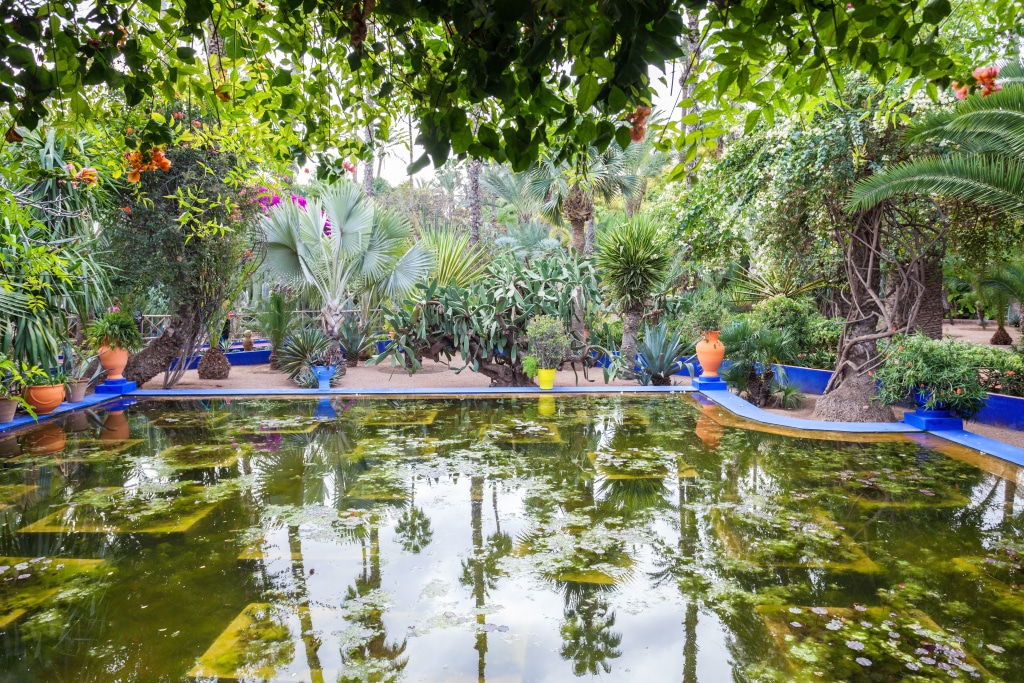In Morocco, the Visegrád Group, a European intergovernmental organization made up of Poland, the Czech Republic and Hungary, has just signed a partnership agreement with the National Institute of Agronomic Research (INRA) for the installation of a composting unit in the Botanical Gardens of Rabat, the capital of the Kingdom of Morocco.
The agreement signed by the two partners will improve waste management and strengthen the green economy in this city located on the Atlantic Ocean. “We hope that this initiative will raise awareness among all stakeholders, including youth, for the protection of the environment and sustainable development,” said Miklós Tromler, Hungarian ambassador to Morocco and current chairman of the Visegrád Group.
The Botanical Garden of Rabat covers an area of 17 hectares with an estimated 600 species of more than 1000 varieties. This site has also inspired the creation of botanical gardens in the cities of Marrakech (25 hectares) and Meknes (30 hectares), which have important floristic resources.
The use of biofertilizers
The research work carried out within the framework of this composting project initiated by INRA and the Visegrád Group will contribute to the development of fertilizers that are less harmful to the soil. “This project will allow the recycling of plant matter from the Rabat Botanical Gardens and then the enrichment of the soil with organic matter to reduce the use of expensive inputs whose excessive use could harm the environment,” explains Faouzi Bekkaoui, INRA’s director. This technique is increasingly used in other Moroccan cities.
Read also-MOROCCO: AgroTech focuses on training to improve agricultural waste management
In 2021, the AgroTechnologies du Souss-Massa (AgroTech SM) association in the Agadir region has awarded the construction of a composting plant for organic agricultural waste to Compost Systems, a company specializing in the biological treatment of waste. The facility, the result of a public-private partnership (PPP) with the consulting firm Darore International, will produce about 100,000 tons of fertilizer per year from waste.
Benoit-Ivan Wansi
